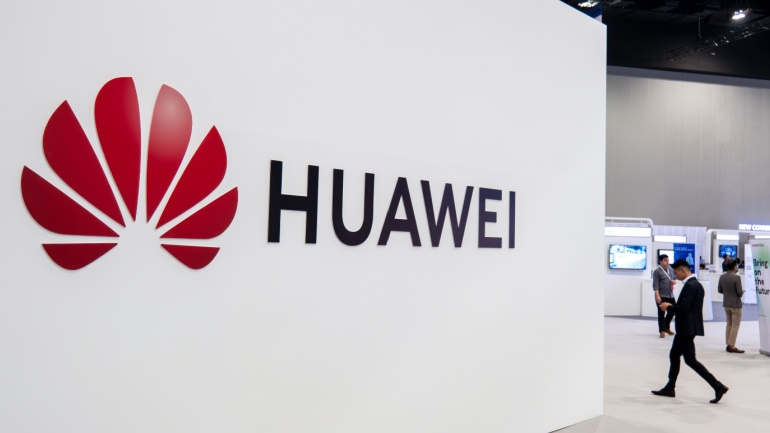NTT Docomo’s 6G Harmonized Intelligence Project envisions an AI-driven network revolutionizing telecommunications beyond 5G. By focusing on sustainability, efficiency, and enhanced user experience, this initiative aims to unlock new paradigms for AI and robots, ensuring seamless communication.
KT and its subsidiary KT SAT have revolutionized 5G connectivity through KOREASAT 6 integration with a 5G non-terrestrial network. This milestone utilizes the 5G NTN standard, expanding 5G services to remote areas. Their pioneering trials highlight NTN’s potential for 5G and future 6G innovations, overcoming geographical challenges.
Samsung and NTT Docomo are combining forces to propel AI research and innovation within the telecommunications sector, setting the stage for 6G technology. This strategic partnership aims to elevate network quality and service, ensuring seamless VoIP communication even in challenging signal areas.
Digital Nasional Berhad, Ericsson, and eMooVit Technology are pioneering Malaysia’s autonomous bus experience using 5G technology. The initiative, marked by a Memorandum of Understanding in May 2024, includes trials for 5G-enabled features like in-vehicle public Wi-Fi and real-time monitoring. These advancements aim to enhance passenger safety, operational efficiency, and smart city integration.
Huawei saw its revenue soar 34.3% to CNY417.5 billion ($58.8 billion) in the first half of the year, boosting net profit by 17.8% to CNY54.9 billion. Despite a slight dip in profit margins, Huawei aims to enhance business resilience and optimize its portfolio. Their innovative 5.5G network promises to revolutionize VoIP technology.
Indosat Ooredoo Hutchison, in collaboration with Huawei, has successfully completed a vital core network consolidation project in Jakarta. This rapid 14-month execution significantly enhances Indosat’s mobile communication technologies, benefiting over 100 million users across Indonesia, including rural and remote regions. Such advancements promise improved internet performance, especially for gaming and video streaming.
China Mobile, the world’s largest mobile network operator, has surpassed 1 billion subscribers, adding 559,000 new users in July alone. Notably, it also saw a net addition of 13.7 million 5G customers, bringing its total to nearly 528 million. Such growth underscores China Mobile’s strategic push in the VoIP and 5G sectors.
TIM Brasil is partnering with Nokia for a significant 5G expansion across 15 states in Brazil, set to commence in January 2025. Utilizing Nokia’s advanced 5G AirScale portfolio, including baseband and massive MIMO radios, this initiative aims to boost connectivity for both general users and regional enterprises, enhancing Brazil’s telecom landscape.
Maxis and Huawei collaborate to advance 5G in Malaysia, launching a Joint Innovation Centre. Telecom Italia exits Inwit, selling its final stake for €250 million. Oracle partners with AT&T to integrate IoT connectivity into its platform. TalkTalk secures a £400m lifeline amid financial struggles and leadership changes.
NATO’s HEIST initiative enhances global internet resilience by integrating subsea cables and satellites, aiming to safeguard against data traffic disruptions. GoTo harnesses generative AI to improve customer experiences, while China Unicom and Huawei launch a 5.5G network in Beijing, and Swisscom and Nokia deploy a nationwide drone network in Switzerland for safety and industrial monitoring.













